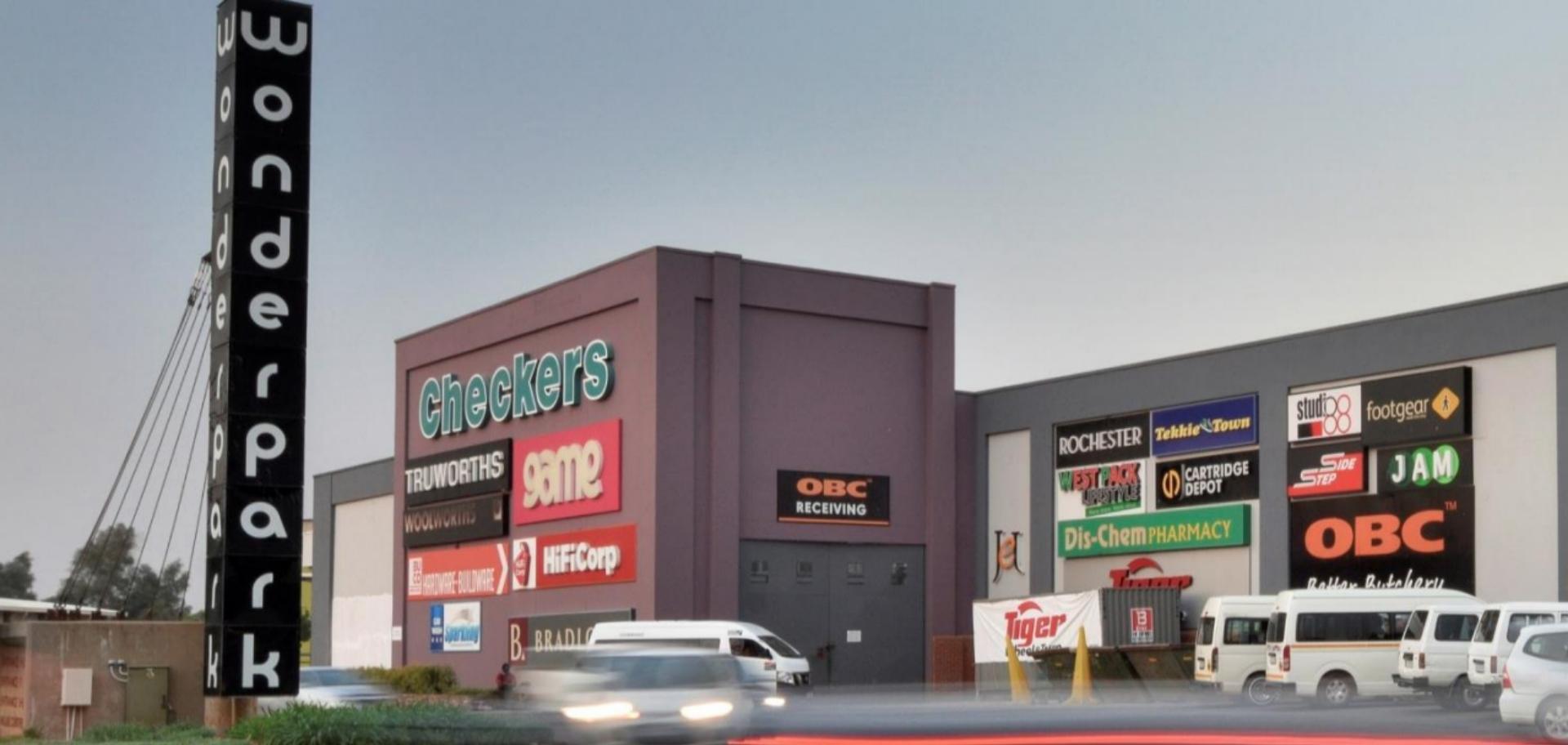Emira’s financial year will close at the end of June 2022. Ahead of that, the group has updated the market on progress since the interim results that covered the six months to December 2021. Property’s recovery has had a wobbly this year, so investors are watching the sector closely.
Emira holds assets in South Africa and in the USA. There are direct and indirect holdings. To make it easier, the fund discloses the information for each segment of the portfolio separately.
The fund has extended it’s B-BBEE transaction to 2027. In this article, I focus on the pre-close update and the metrics in the property portfolio. If you want more details on that extension, you’ll find them as part of Ghost Bites here.
Before delving into the details, it’s worth noting that the loan-to-value (LTV) ratio has increased from 41.8% at December 2021 to 42% at May 2022. Dollar-denominated debt has increased to $73 million after an acquisition in the US (further details below).
Emira has refinanced R1.3 billion in maturing debt facilities this year and has unutilised facilities of R370 million along with cash of R50.6 million in the bank.
Direct local portfolio
The direct local portfolio is 74% of the fund’s investments, so the South African macroeconomic picture is important for Emira. Thankfully, vacancies reduced from 6.1% at the end of December 2021 to 5.5% by the end of May 2022. The focus is on retaining clients, with an 82% retention rate over the 11 months to May 2022.
Tenants still have the upper hand in negotiations, with weighted average reversions for the period at -12.8%. That’s better than -14.1% in the six months to December.
Weighted average lease expiry is 2.7 years and average annual escalations are 6.7%.
Emira has recycled almost R270 million in capital by disposing of four properties.
In the retail portfolio (49% of the direct portfolio), vacancies fell from 3.6% to 3.3% and 90% of maturing leases were retained. Weighted average reversions improved slightly in recent months, coming in at -14.4% for the 11 months to May. This is a portfolio of grocer-anchored neighbourhood centres, which is one of the better places to be right now. It shows how tough things still are.
This brings us neatly to the office portfolio, which is 30% of the direct portfolio. There’s a surprisingly good story to tell here, with vacancies improving from 18.2% for the six months to December to 16.6% for the 11 months to May. Only 65% of maturing leases were retained and the weighted average lease expiry is 2.7 years, so Emira will be desperately hoping that people return to work soon. Reversions were actually rather good at -11.4% vs. -16.9% in the interim period. That’s lower than the retail portfolio!
In the industrial portfolio, which is 19% of the direct local portfolio, vacancies fell from 2.6% to 1.9%. Industrial is still the best place to be in property. 81% of maturing leases were retained at a weighted average negative reversion of -12.6% (worse than -11.7% in the interim period), which is a real surprise relative to the office portfolio.
There’s only one directly held residential property in the portfolio: The Bolton. Occupancy increased from 92.2% at the end of December to 98.6% by the end of May.
Enyuka
Emira is disposing of its shares and claims in Enyuka for R638.6 million, which is 5% of Emira’s investment portfolio value. Many conditions still need to be fulfilled, including the biggest one of all: the buyer confirming finance.
Vacancies in the Enyuka portfolio are stable at 3.2%.
Transcend Residential Property Fund
Transcend is separately listed on the JSE, with a share price down around 17% this year. This is a small fund with a market cap of less than R1 billion. Emira holds 40.69% of the shares in issue and it contributes 4% of Emira’s investment portfolio value.
USA
The portfolio in the US of A is 17% of Emira’s portfolio value and comprises 12 equity investments into open air retail centres. These are grocer-anchored properties, so they feel a bit like Emira’s local retail portfolio.
Emira bought the twelfth property in this period at a cost of $18.45 million for a 49.5% equity interest.
Ten of the investments are paying dividends again and the eleventh is expected to resume dividends later this year. The final property needs to find a tenant to replace Dick’s Sporting Goods before dividends are likely.




